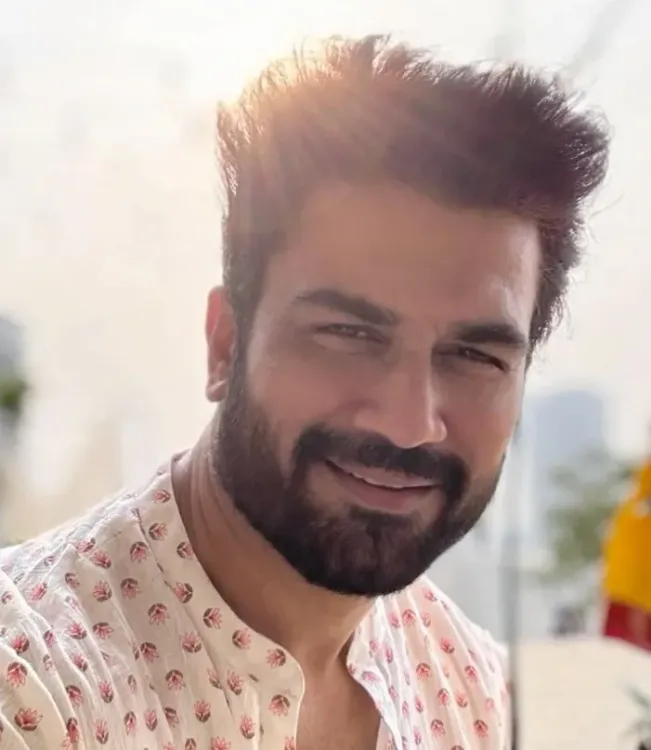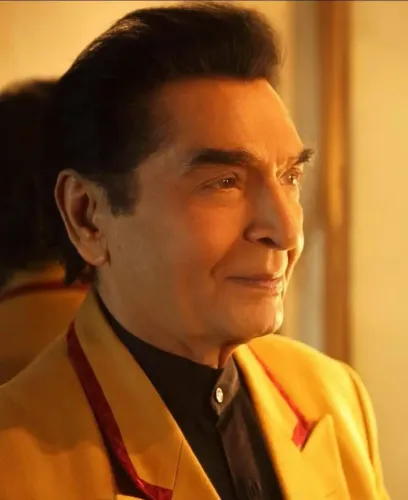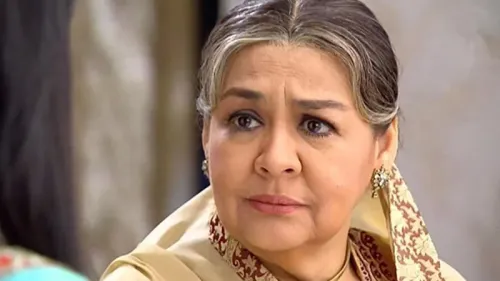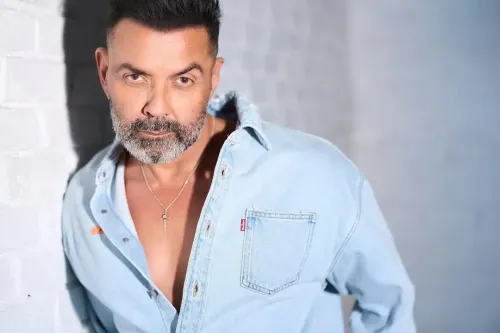What Does Sharad Kelkar Think About Language Conflicts in India?

Synopsis
Key Takeaways
- All Indian languages are beautiful.
- Sharad Kelkar prefers to avoid political discussions.
- Television shows are shorter due to changing audience preferences.
- Actors should focus on character recognition over personal fame.
- Reinvention is key to long-term success in the industry.
Mumbai, July 5 (NationPress) Actor Sharad Kelkar, renowned for his significant contributions to television and the voice behind the legendary character of Baahubali in its Hindi adaptation, has expressed his views on the escalating language disputes among various Indian states.
In a recent interview with IANS, the actor emphasized his inclination to remain apolitical, while also appreciating the diverse and beautiful languages spoken across India.
He stated, “To be honest, I wish to steer clear of political discussions. It doesn't interest me. If you inquire about my acting career, I'm eager to share. If you ask why I haven't participated in a Marathi film, I will respond. Yet, this isn't about personal choices. I hold every Indian language in high regard. My identity is that I’m Indian, above all else.”
When questioned if he ranks as the highest-paid actor in his upcoming series, he remarked, “With over two decades in the industry, I’ve earned my position, and yes, I do charge accordingly. What’s wrong with that? When someone is thriving, people should celebrate—not feel envious. It reflects a milestone. If an actor is invited back to television, it signifies their value; nostalgia alone doesn’t bring you back—you must contribute meaningfully.”
He also discussed the current television landscape, explaining why shows don't last as long, and why actors may not achieve household name status.
“The dynamics of viewership have evolved. OTT platforms have introduced fresh content and avenues. In the past, shows would run for extensive periods, and characters would embed themselves in viewers' hearts. Nowadays, shows are brief, and audiences shift rapidly. Many actors feel overlooked, but I believe it’s the characters that gain recognition, not merely the actors. I’ve been identified as Nahar Singh, Barry B., Thakur, and Dr. Ashutosh—all character names.”
“If you consistently reinvent yourself and unveil a new persona each time, perhaps people will eventually recall your real name,” he concluded.









